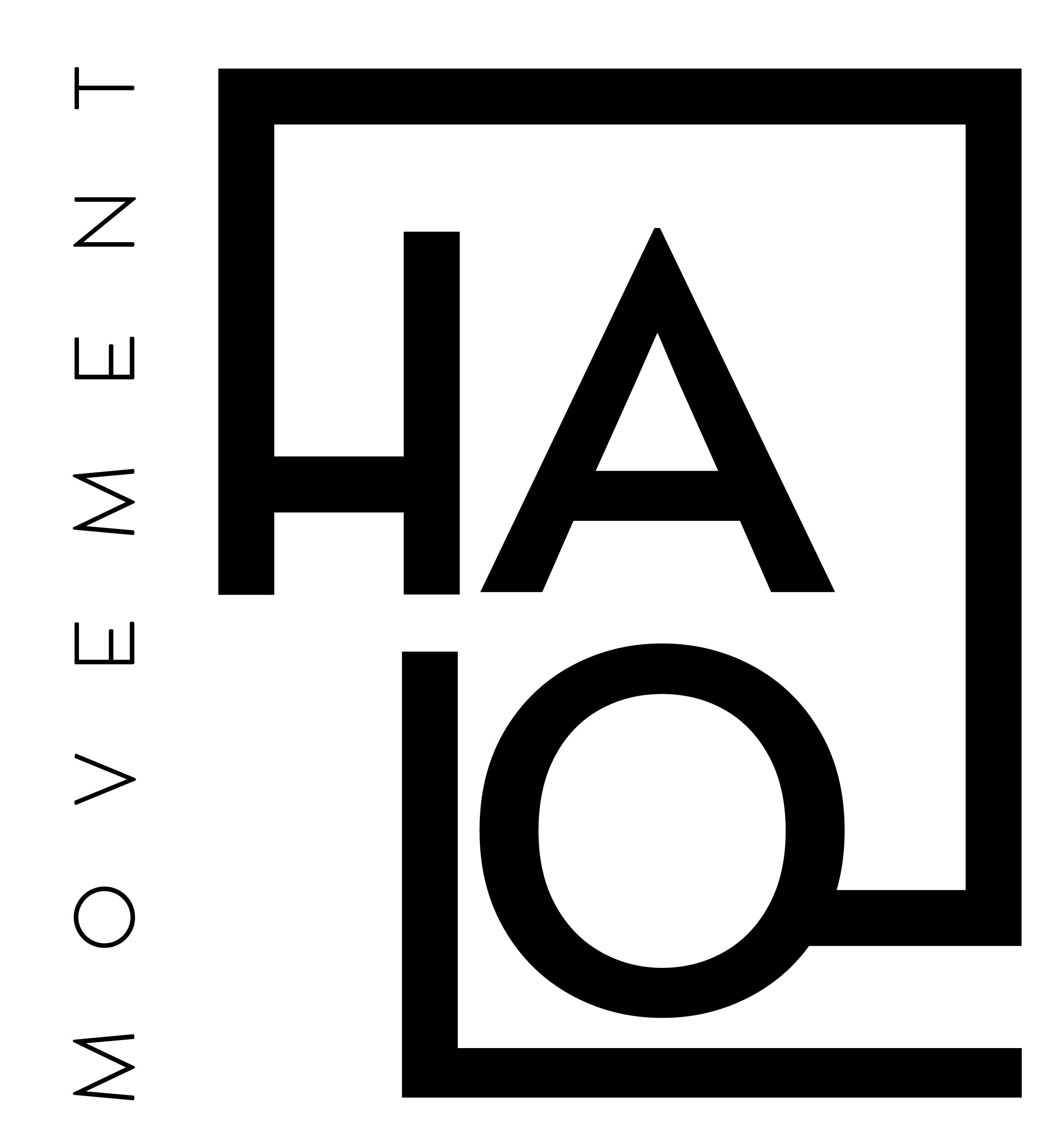SYSTEMS OVER HUSTLE
MOVEMENTS & MOMENTS
Streamline the Path to a Beautiful Life
At school drop-off parents exchange quick greetings and hurry off to their full schedules. Later in the day at school pick-up we ask each other ‘how are you?’ to which the inevitable answer returns: ‘just so busy’.
Being “busy” has become an occupation, while the “hustle” mentality is often glorified. Last century, the rise of corporate careers reinforced the idea that long hours and constant engagement meant ambition and success while smartphones, email, and social media blurred the lines between work and personal life. Social media went further: amplifying workaholism making it not only visible but aspirational.
In the early 20th century, leisure and free time were indicators of success; aristocrats in Europe passed the time hunting, dancing, flirting, feasting they enjoyed books, poetry and music. Fast forward to the late 20th century and elite professionals including CEOs, tycoons, business owners and tech entrepreneurs redefined success as being overbooked and indispensable.
Meanwhile the advertising industry pedals productivity tools, efficiency hacks, and the glorification of the hustle. Being “always on” has become a signal of importance, responsibility, and influence. Studies show that people now associate busyness with higher social status rather than wealth alone; and many people still believe that working harder, grinding longer, and pushing through exhaustion is the only way to achieve success; Studies such as the Expectation States Theory. This theory explores how status characteristics, such as perceived busyness, influence social interactions and hierarchies. It suggests that individuals displaying behaviours associated with high status, including a busy demeanour ~ are often granted more influence and prestige within groups.
But what if there’s a better way? What if, instead of constant exertion, we focused on designing systems ~ structured, repeatable processes that deliver consistent results with minimal effort? Optimising for systems rather than hustle isn’t just a strategy for efficiency, it’s a way to create a sustainable, beautiful life that balances success with well-being.
The Problem with Hustle Culture
Hustle culture promotes the idea that hard work alone leads to success, but research suggests otherwise. Overwork leads to diminishing returns, increased stress, and burnout. Even in high-performance fields like entrepreneurship, a lack of structured systems often leads to wasted energy and decision fatigue.
Why Hustle Alone Fails
Diminishing Productivity – Studies show that productivity declines sharply after 50 hours per week, and after 60 hours, it becomes almost negligible.
Decision Fatigue – Constantly making decisions depletes mental energy, leading to poorer choices over time.
Health Consequences – Chronic overwork is linked to higher risks of cardiovascular disease, depression, and reduced cognitive function.
Clearly, working harder isn’t the answer. The alternative? Building better systems.
The Power of Systems Thinking
A system is a repeatable, structured approach to achieving a goal. Unlike hustle, systems reduce friction, eliminate wasted effort, and produce results without requiring constant willpower.
James Clear, in Atomic Habits, emphasises that “You do not rise to the level of your goals; you fall to the level of your systems.” This means that long-term success is not about working harder but about refining the processes that generate success automatically.
Why Systems Create Propulsion
Automation – Systems reduce decision-making and allow for consistent, predictable results.
Compounding Growth – Tiny, repeatable actions create exponential improvements over time.
Energy Efficiency – By eliminating wasted effort, you free up mental and physical energy for higher-value tasks.
Examples of Systems in Action
Financial Systems – Automating savings, investments, and budgeting eliminates decision fatigue and ensures wealth accumulation with minimal effort.
Health & Fitness Systems – Pre-planning meals and workouts ensures consistency without requiring daily motivation.
Productivity Systems – Using frameworks like time-blocking and checklists reduces cognitive load and boosts efficiency.
Living a Beautiful Life Through Optimisation
A well-designed life isn’t one of endless struggle, it’s a life where success flows naturally because the right systems are in place. The rise of ‘slow living’, minimalism, and the new wellness movement are challenging the glorification of busyness.
Being time-rich is becoming the new status symbol, especially among those who optimise their lives for freedom rather than grind.
The shift to valuing busyness was largely driven by economic structures, social conditioning, and technological changes. Now, as automation and AI expand, we may see another shift—where the ability to not be busy and still thrive is the ultimate power move.
Key Principles for a Streamlined Life
1. Leverage the 80/20 Principal – Focus on the 20% of efforts that drive 80% of results.
2. Design for Minimum Effective Dose – Find the smallest, most effective intervention that creates significant change.
3. Eliminate Friction – Simplify decision-making and automate low-value tasks.
4. Optimise for Joy and Ease – A life built on systems frees time for creativity, relationships, and experiences.
The Future Belongs to Systems Thinkers
The most successful and fulfilled people aren’t the ones who work the hardest! They’re the ones who design systems that work for them, by shifting from a hustle-based mindset to a systems-driven approach, you can create a life that is not only productive but also effortless, enjoyable, and deeply rewarding.
The question remains: would you rather grind endlessly or design a life that flows?
Next Steps
Identify one area where you rely on willpower instead of a system.
Create a repeatable process to remove friction.
Refine and optimise over time.
With refinement, systems can do the heavy lifting — so you can live beautifully. Do you need help designing protocols for your own life? Let’s talk!
RESOURCES TO MOVE FORWARD:
Slow Productivity: the lost art of accomplishment without burnout. Cal Newport (2024)
The Checklist Manifesto. Atul Gawande (2011)
The 80/20 Principle: The Secret to Achieving More with Less. Richard Koch (1999)
Atomic Habits. James Clear (2018)

